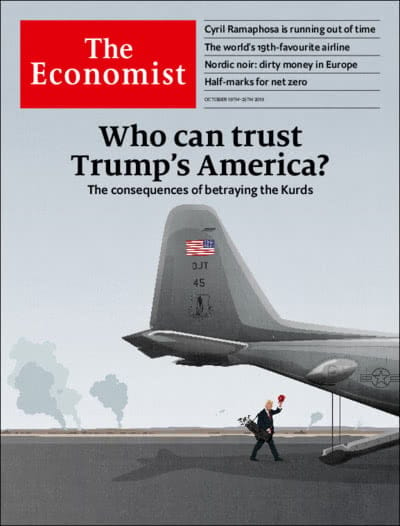A Nobel economics prize goes to pioneers in understanding poverty
Randomised trials help policymakers grasp which policies work and which don’t

THE MOST important question in economics is also the hardest: why do some countries stay poor while others grow rich? In 2015, 10% of the world’s population lived on less than $1.90 per day, down from 36% in 1990. But more than 700m people remain in extreme poverty, and the number grows every day in certain parts of the world, in particular sub-Saharan Africa. For their contributions to understanding gaps in development, the better to close them, Abhijit Banerjee, Esther Duflo and Michael Kremer have been awarded this year’s Nobel prize for economics. All three are Americans, though Mr Banerjee and Ms Duflo are immigrants (and married to each other). Ms Duflo is only the second woman to have received the prize and, at 46, the youngest winner ever.
This article appeared in the Finance & economics section of the print edition under the headline “Rich economics”
Finance & economics October 19th 2019
- A massive money-laundering scandal stains the image of Nordic banks
- Britain’s equity market is shrinking
- How the twists and turns of the trade war are hurting growth
- Is the board overseeing Puerto Rico’s bankruptcy unconstitutional?
- Greta Thunberg accuses rich countries of “creative carbon accounting”
- A Nobel economics prize goes to pioneers in understanding poverty
More from Finance & economics

Europe’s economic growth is extremely fragile
Risk is concentrated in one country: Germany

How vulnerable is Israel to sanctions?
So far, measures have had little effect. That could change

Why companies get inflation wrong
Bosses should pay less attention to the media
What is behind China’s perplexing bond-market intervention?
The central bank seems to think the government’s debt is too popular
How to invest in chaotic markets
Contrary to popular wisdom, even retail investors should pay attention to volatility
Vladimir Putin spends big—and sends Russia’s economy soaring
How long can the party last?
